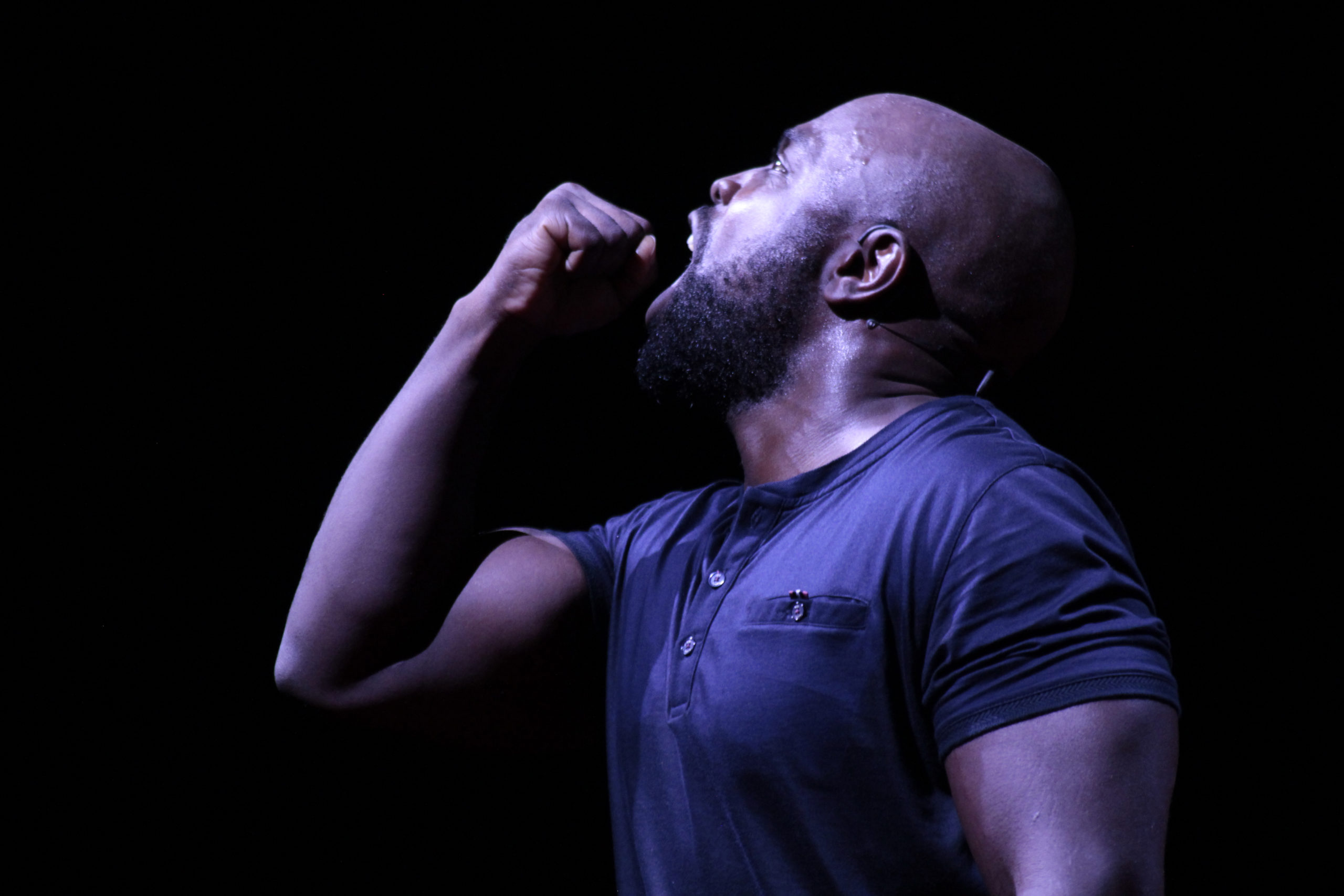
Peter Ash Lee
On Jubilee, Japanese Breakfast shows joy is the journey not the destination
Michelle Zauner’s latest album is about life after grief, exploring the complexities of happiness, abundance and feeling with (sometimes heartbreaking) specificity.
Cordelia Lam
11 Jun 2021
The first line you hear on Japanese Breakfast’s new album Jubilee is “Lucidity came quickly / I awoke from dreams of untying a great knot”. This is the essence of the album – dream-like yet stunningly lucid and, ultimately, an exploration of the knots inside us and the project of releasing ourselves from them.
This song is ‘Paprika’, the album’s sundrenched, jubilant opening track and, as Michelle Zauner (the band’s lead/frontwoman) describes, its “thesis statement”. And what a thesis – “How does it feel to stand at the height of your powers?” she declares triumphantly, “Projecting your visions to strangers who feel it, who listen, who linger on every word… Oh! It’s a rush!” These are fighting words strung together like a spell, a statement of intention and victory. Flanked by a marching band of trumpets and grand horns, Michelle announces boldly at the top of the album – you have arrived.
“Like many of her fans who are members of the Asian diaspora (myself in the UK), I feel seen by Michelle Zauner, validated by her, protective of her and hopeful for her”
Jubilance is a different turn for Japanese Breakfast. Reeling from her Korean mother’s death, Michelle Zauner held grief at the centre of her last two albums and as the foundation for her new memoir Crying in H-Mart (a love letter to her mother and a vivid, lived-in account of the Asian American experience). It was in this context that I first found Japanese Breakfast, through ‘The Body is a Blade’ (from their album Soft Sounds from Another Planet), a song wracked by grief about searching for strength to carry on: “Your body is a blade that cuts a path from day to day”. Built on Michelle’s distinct evocative imagery, the song conveys unimaginable pain and from it, a determination to cut a path through the fog of grief. Michelle called to me then as an Asian woman in rock with a deep commitment to her heritage and the courage to brush up against overlapping cultures to show herself authentically. Like many of her fans who are members of the Asian diaspora (myself in the UK), I feel seen by her, validated by her, protective of her and hopeful for her.
With grief at the centre of her artistry so far, Michelle experiments now on Japanese Breakfast’s Jubilee with the life that comes after it. She presents us with a vision of joy as a complex, difficult, beautiful journey rather than one concrete destination that we simply reach. There is joy in struggle, in loneliness, in feeling anything at all.
In delivering this vision on the album, Michelle disarms us with soft, light-footed songs laced with deep sadness. We hear this on the dream-pop ‘Slide Tackle’ where, against a rain of glittery electric guitar and saxophone solos, Michelle by contrast narrates the struggle of wrestling with your own brain just to feel joy. “I want to be good / I want to navigate this hate in my heart somewhere better”, she yawns nonchalantly, “Don’t mind me while I’m tackling this void / Slide tackling my mind”.
“She paints delicious, potent vignettes of feelings too intense for description, each song like a snowglobe with an emotional truth embedded in its glass core”
More harrowing is the upbeat ‘In Hell’, where Michelle croons, relaxed and easygoing, about witnessing the slow death of a loved one: “With my luck you’ll be dead within the year / I’ve come to expect it / There’s nothing left to fear, at least there’s that,”, she observes, joyful synth drizzling through her vocals. “Hell is finding someone to love / And I can’t see you again”.
Finally on the album’s closer ‘Posing for Cars’, Michelle sings quietly “I’m just a woman with loneliness / I’m just a woman with needs”. Embracing this feeling of smallness, the song and album sweep to a close with a soaring, cinematic four-minute driving-down-the-highway guitar solo that tells us, wordlessly, to see the beauty in it. The lonely score is enveloped into a warm, hopeful timbre.
My favourite thing about Japanese Breakfast is the (sometimes heartbreaking) specificity of Michelle’s songwriting. Orbiting in a nearby universe to fellow moving, tactile songwriters like Mitski, Phoebe Bridgers and Kate Bush, she paints delicious, potent vignettes of feelings too intense for description, each song like a snowglobe with an emotional truth embedded in its glass core. ‘Posing in Bondage’ is a song you soak in, a slow, aching cry for connection steeped in darkness. Michelle repeats, like an incantation, “Closeness… proximity… I need it… bondage”, against a droning hum. The song sounds sticky, almost like tar.
At the end of it all, this album is a tribute to feeling. “God, I felt so much back then, I was soft as a dune!”, she reminisces on ‘Kokomo, IN’, gift-wrapping the act of feeling and the state of softness as virtues to be celebrated, as paths to find our way back to ourselves. This lustrous album swells with the recognition that joy is ugly, difficult, painful. It reminds us: what a joyful gift it is to feel! “Oh! It’s a rush!”
Jubilee by Japanese Breakfast is out now on Dead Oceans. You can listen here.









